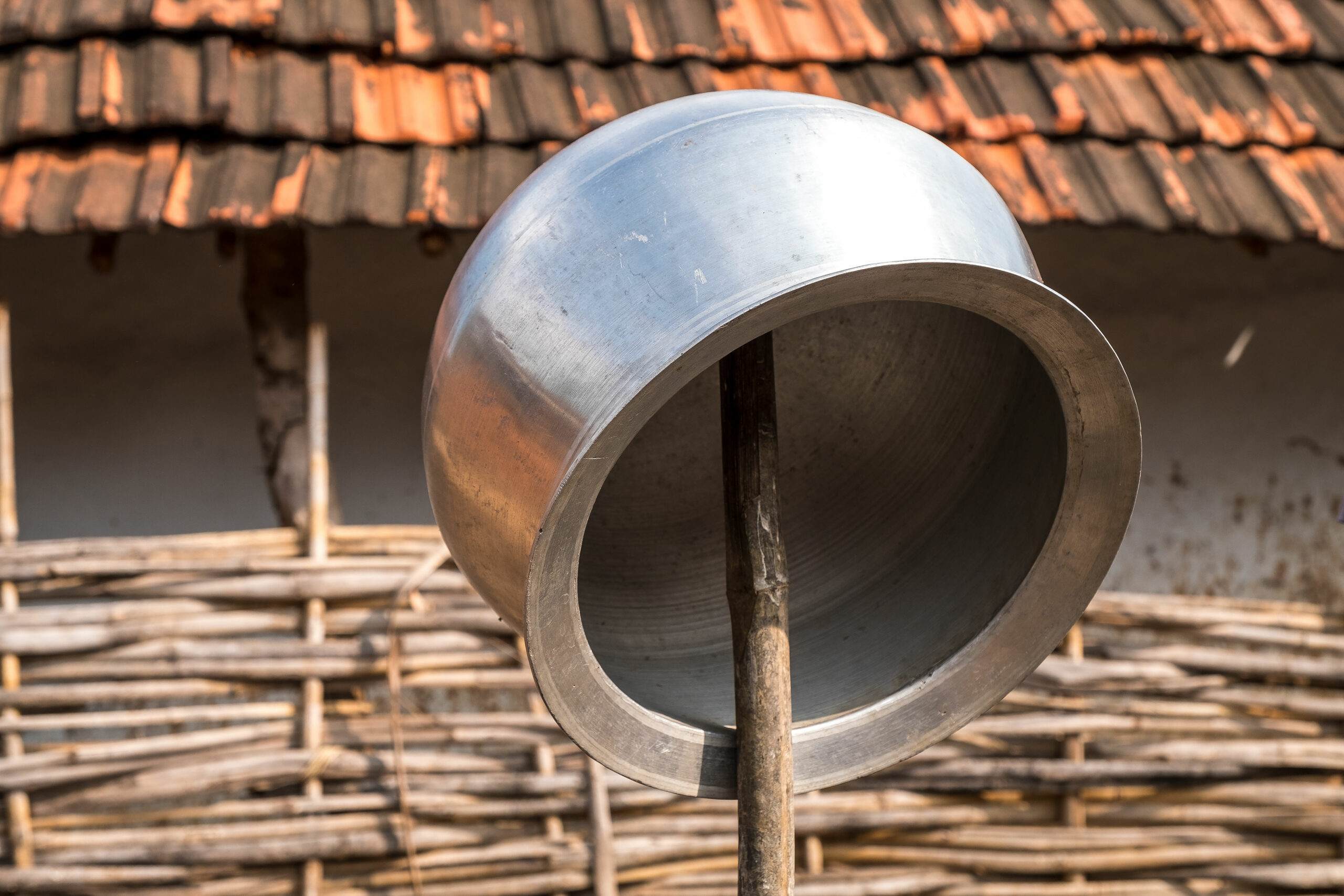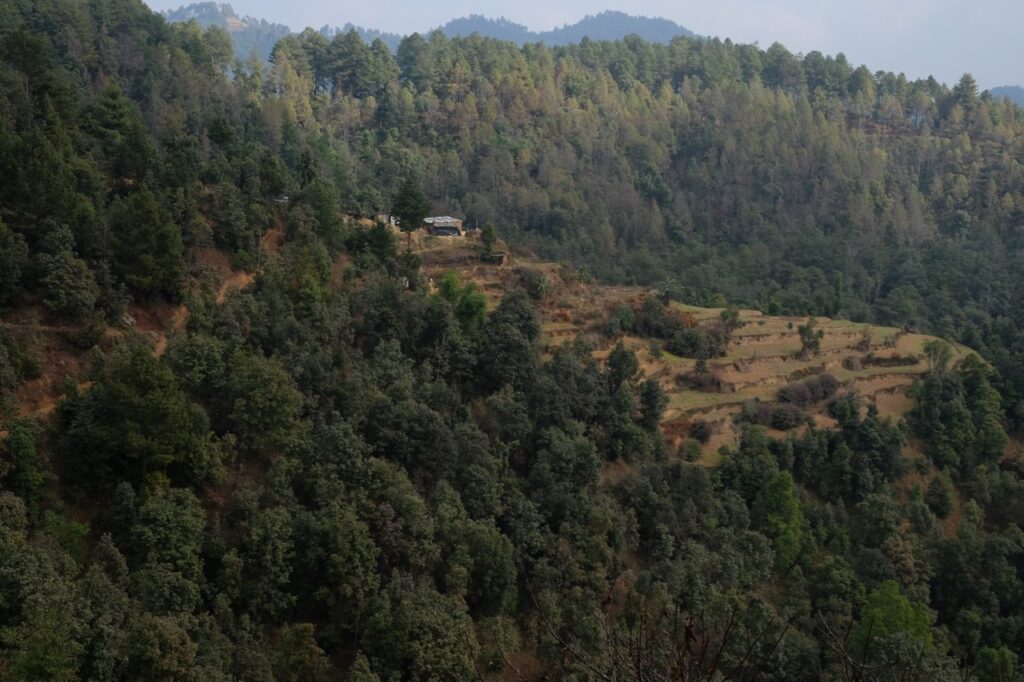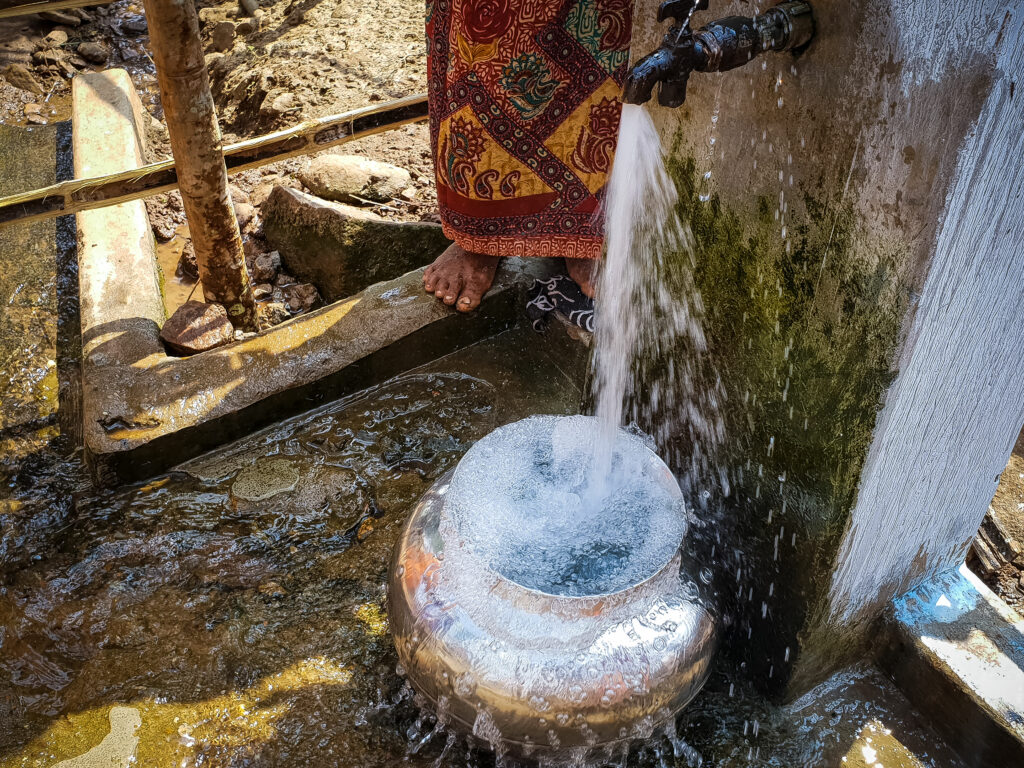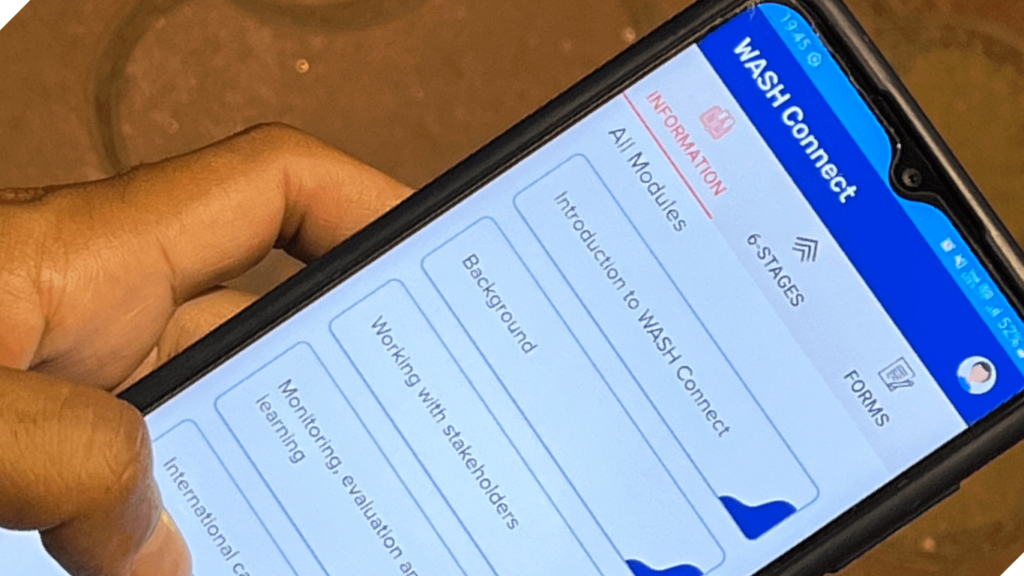India is home to dozens of different tribal groups, sometimes called scheduled caste or particularly vulnerable tribal groups.
These communities often live in remote, rural or hard-to-reach areas and can’t access government support, including the right to safe water, decent sanitation or education.
To fill this gap, we work with communities and local governments to build water security plans. These plans identify how much water a community needs, for household use, agriculture and industry, and how much is available. They take into account the different water sources nearby and outline a plan for how water sources can be sustainably conserved and managed for a water-secure future.
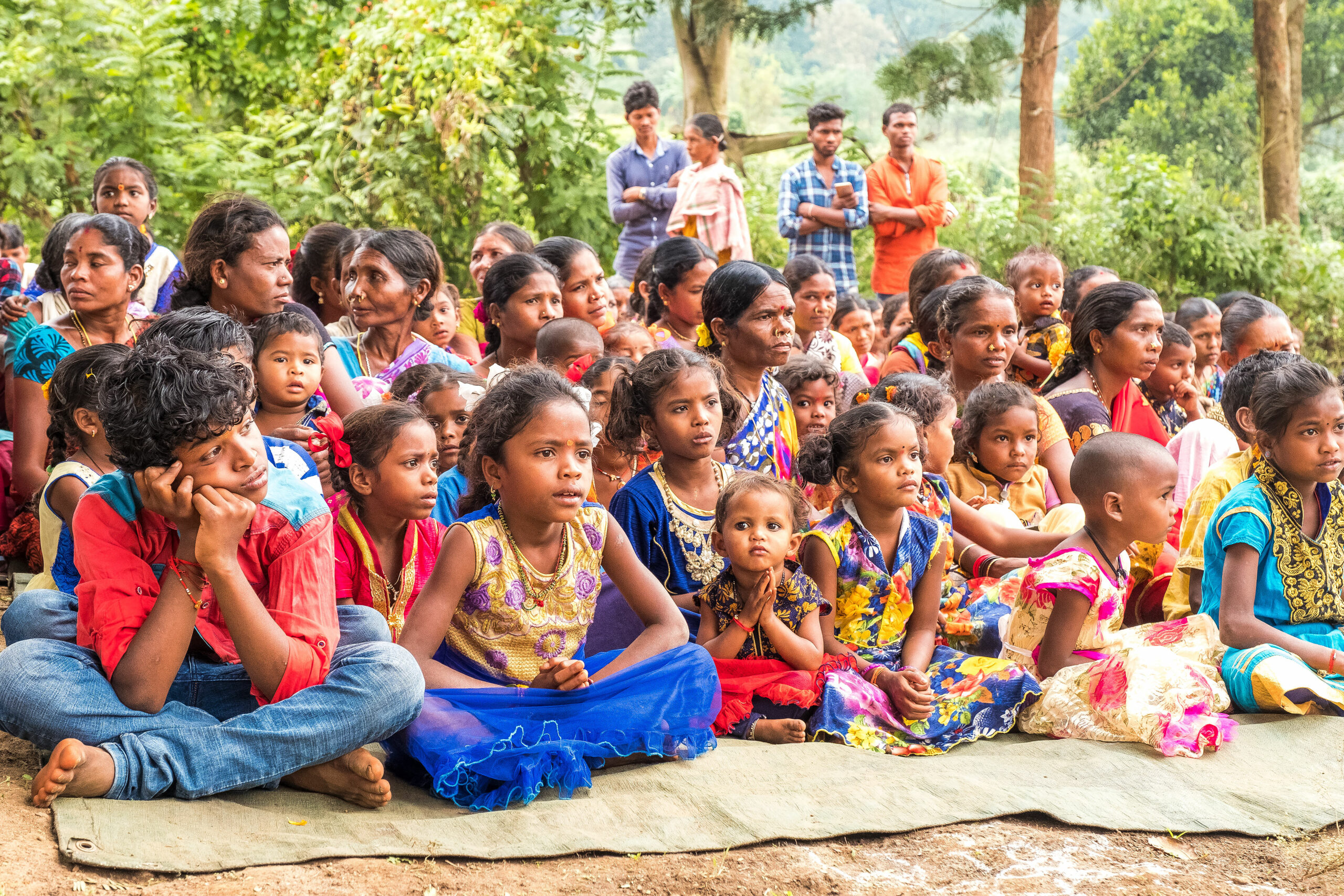
To build a water security plan, Frank Water starts by delivering basic training to a group of volunteers from that community, to teach them the basics of hydrology, and how to carry out household surveys to measure water supply and demand. Armed with this data, we support communities to create their own tailored water security plan, using the local government’s template. Once the community has presented their plan to local government, we work with officials to help them identify the different funds they can use to turn the plan into reality.
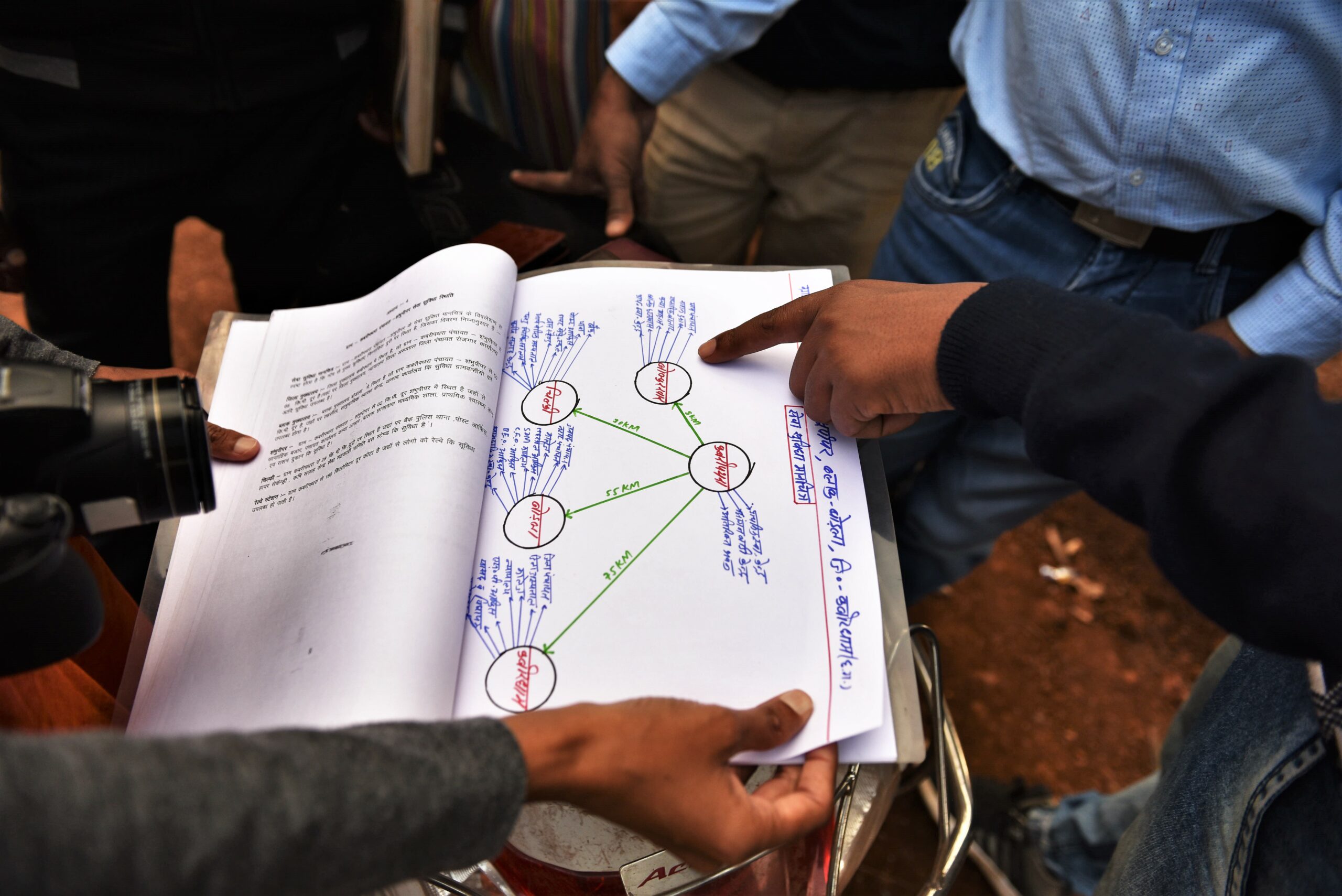
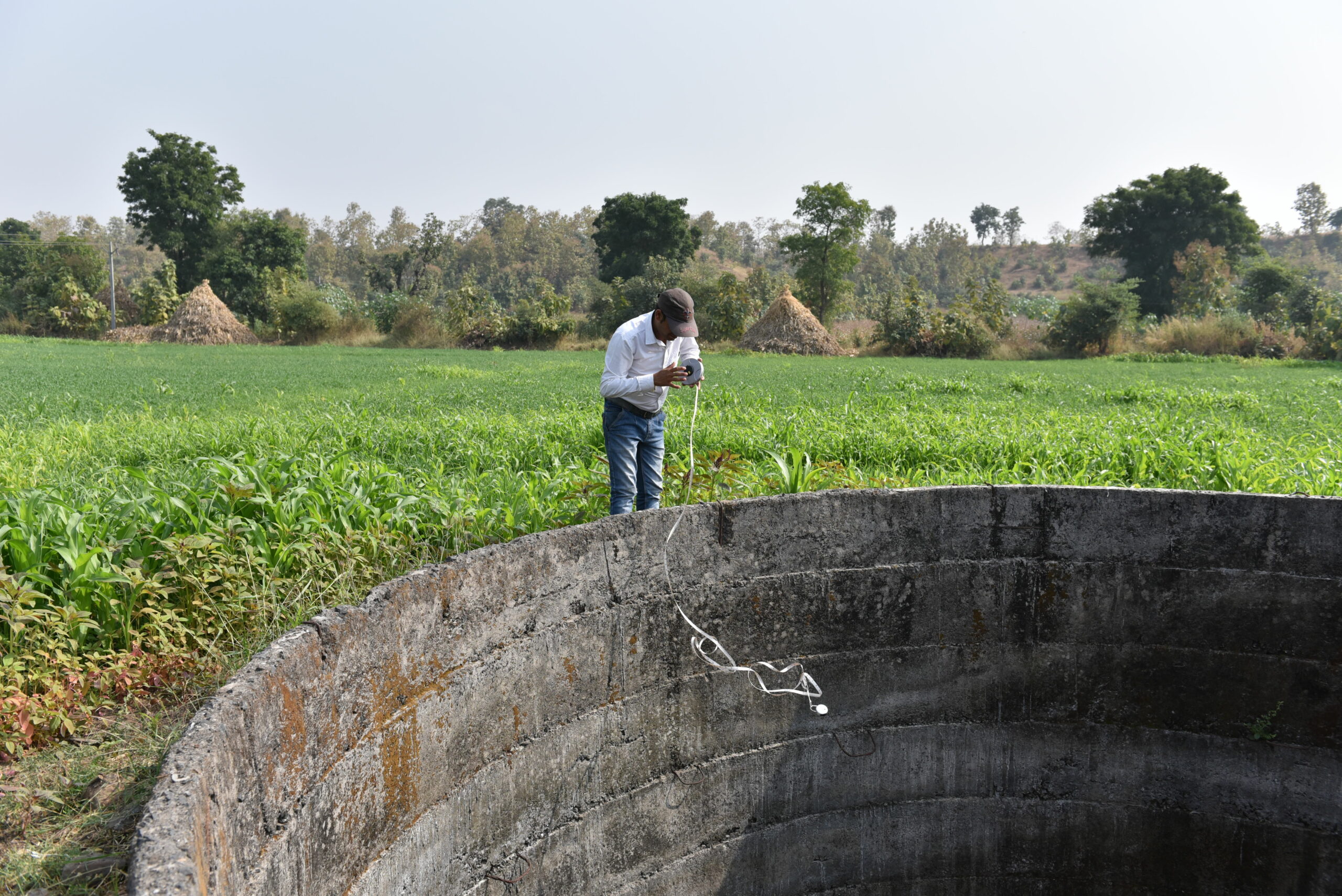
After the plan is approved and put into place, we continue to work with the community to monitor how the plan is implemented and encourage behaviour change needed to make it a success. Building toilets is only the first step to safe sanitation, we need to support people to understand the benefit and importance of using them. This is crucial to ensure that projects remain successful and sustainable into the longterm. On average we spend around 5 years with each community, supporting them as they move onto the next stages of development.

